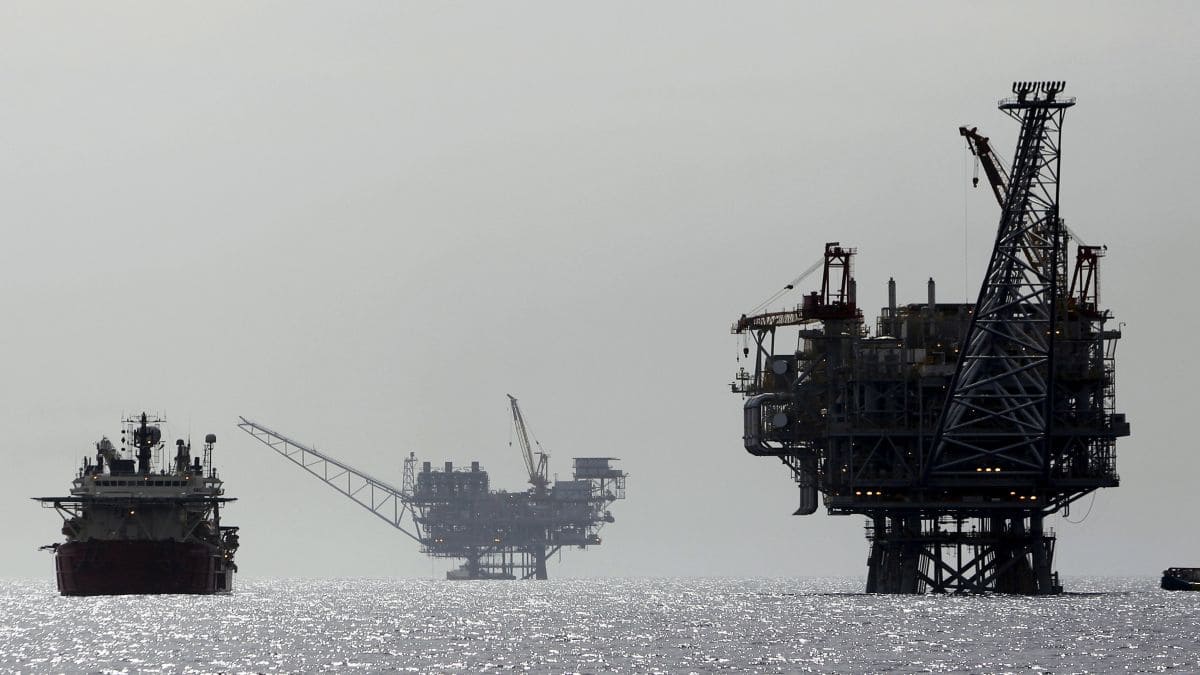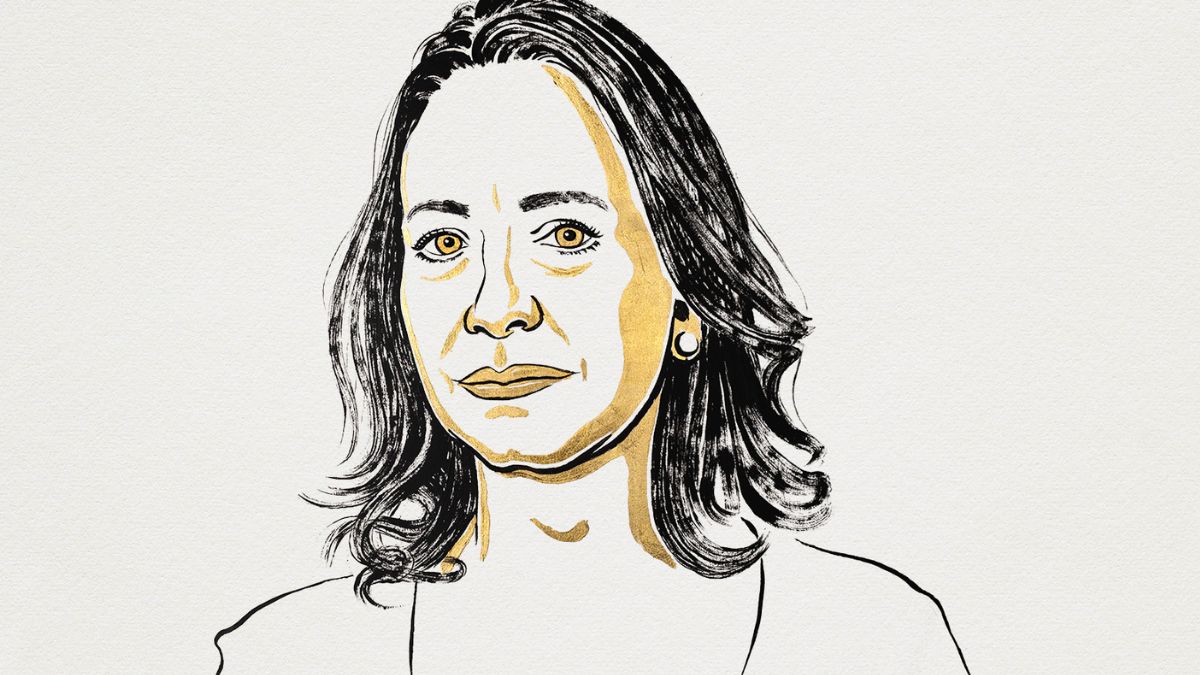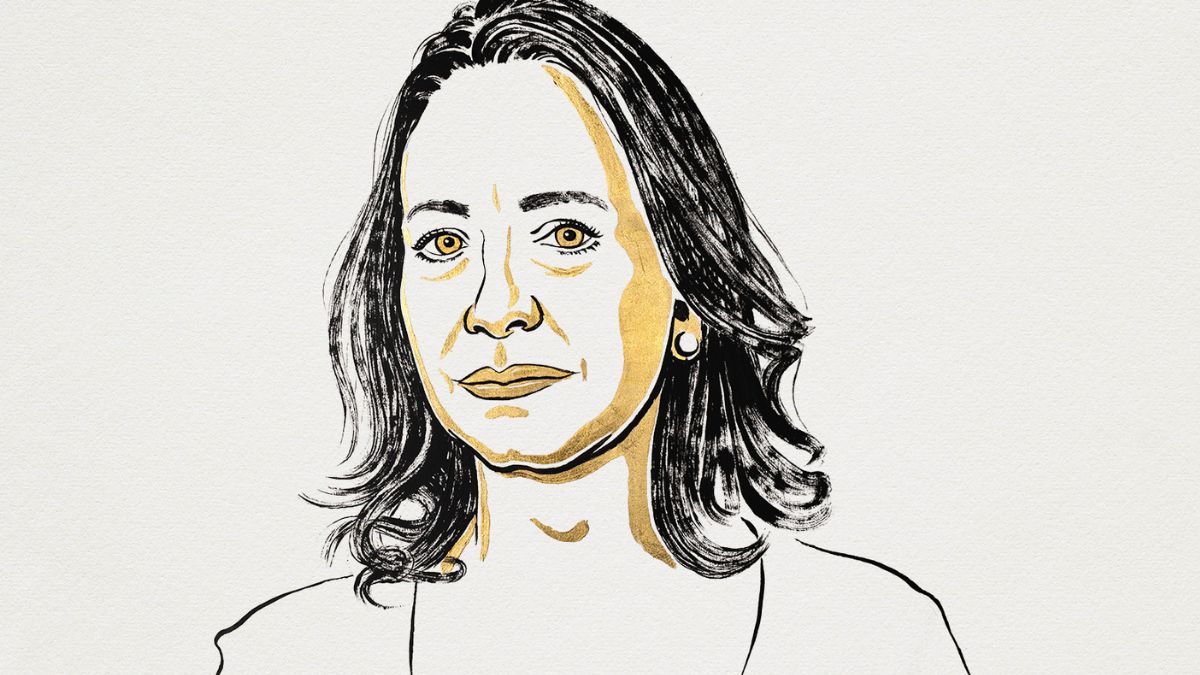Some of the world’s biggest tech firms have soared in value over the last year. As AI evolves at a pace, there are hopes that it will improve lives in ways that people could never have imagined a decade ago – in sectors as diverse as healthcare, employment and scientific discovery.
OpenAI is now worth US$500 billion (£373 billion), compared with US$157 billion last October. Another firm, Anthropic, has almost trebled its valuation. But the Bank of England has now warned of a possible rapid “correction” due to its concerns about these staggering valuation rises.
The question is whether these values are realistic – or based on hype, excitement and unfounded optimism for the potential of AI. Put simply, is AI’s value today a product of what AI will do in future or what people hope it may do? Ultimately, we will only really know if it’s a bubble if it bursts – though the warning signs are evident today.
With hindsight, many things that happen in a bubble may sound exceedingly optimistic. If you take many headlines and replace the word AI with the word computers, it often sounds a lot more naive.
But predicting the path of technological change is hard. Back in 2000, the Daily Mail declared the internet could be a passing fad. Just a few months earlier, the dotcom boom had peaked.
A burst bubble may not change the end of the journey. The internet was not a passing fad. However, bubbles are extremely disruptive and affect people in very real ways. Stocks fall, pensions suffer, unemployment rises, and investment is wasted. Real potential is crowded out in the hype and mania to focus all investment in a small number of stocks and firms.
Impact Shorts
More ShortsRight now, we have the first sign of a bubble – a rapid rise in valuations. If these are correct and fall, we will have a bubble. If these valuations continue to rise, we could be seeing a new sustained market that is focused on the technology of the future.
Of course, it might be that these valuations plateau. What happens then depends on whether people have invested in the belief that prices will always rise.
Consider a situation where people believe – as the Bank of England does – that AI firms’ valuations may be “stretched”. It’s helpful to consider what these valuations are based on. Investment is simply a bet that AI increases profitability for the firms involved. These massive valuations are bets that AI will hugely increase future profitability.
In some cases, these are bets that AI will improve in capabilities towards some kind of “artificial superintelligence” that can do everything a human can do – or more. This could raise the living standards of everyone on Earth. Leading computer scientist Stuart Russell estimates the value of that at US$14 quadrillion – investors are buying a claim on that outcome too.
If investors begin to fear that AI profits won’t materialise then they will try to get their money back. This realisation can appear quite suddenly and can be prompted by seemingly minor events. It doesn’t require a big needle to pop a bubble.
Excitement at easy internet access in the 1990s fuelled the dotcom bubble.
A US article published in March 2000 warned that internet companies were fast running out of money. This caused many people to rethink their investments
At this stage of the bubble, investment excitement had spread to everyday investors. These regular people balanced their fear of missing out with a fear that they were investing in something new that they didn’t know much about. For many, an article in a popular magazine suggesting they may have made a mistake tipped the scales towards caution. They began to sell their dotcom stocks.
In search of profit
It may come as a surprise to some that, despite its increasing valuations, OpenAI does not yet make a profit. It may require ten times more revenue to do so.
A US$500 billion valuation is quite something for a company that reportedly lost US$7.8 billion in the first half of this year. Some of this value appears to flow from a new deal between OpenAI and Nvidia, where Nvidia will invest in OpenAI and OpenAI will buy Nvidia chips. This circular financing keeps everything afloat for now, but at some point, investors will need to see returns.
AI firms more generally do not appear to be profitable at the moment. Investors are not putting their money into today’s losses – they are betting on an AI future.
It is, of course, perfectly feasible that AI firms will develop business models to increase their profitability. OpenAI is exploring advertising options and allowing chatbots to recommend products.
Using AI to deliver these messages is a viable option, though they will have to avoid the tricks and manipulations associated with online platforms, such as when hotel websites announce that rooms are about to sell out. We believe that AI can increase the power of these manipulations, and we wonder how persuasive chatbots may be in their recommendations.
However, the big four – Meta, Alphabet, Microsoft and Amazon – are this year spending the equivalent of the GDP of Portugal on AI infrastructure. This is not an investment in new targeted ads, it is an investment in an AI future. The bubble will burst if and when this future is in doubt.
Richard Whittle, University Fellow in AI and Human Decision Making, University of Salford and Stuart Mills, Assistant Professor of Economics, University of Leeds
This article is republished from The Conversation under a Creative Commons license. Read the original article.


)

)
)
)
)
)
)
)
)



